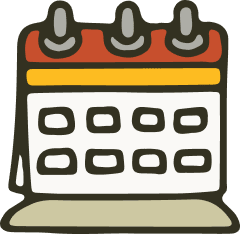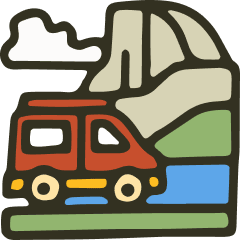- Alwal National Park
The best camping in Alwal National Park, QLD
Discover Alwal National Park's unique wildlife and cultural heritage.



The best camping in Alwal National Park, QLD guide
Overview
About
Embark on an adventure through Alwal National Park, a haven of biodiversity and cultural richness. Venture into the heart of Tropical North Queensland to witness endangered species like the golden-shouldered parrot and the elusive Cape York rock-wallaby in their natural habitat. While there are no campgrounds within the park, the potential for future nature-based activities promises a truly immersive experience.
When to go
The best time to visit Alwal National Park is during the dry season, from May to October, when access is easier and wildlife viewing is at its peak. The wet season, from November to April, can see heavy rains and potential flooding, making travel challenging and some areas inaccessible.
Know before you go
- Check for park alerts before your visit to stay informed about any closures or safety information.
- Respect the cultural significance of the park to the Olkola Aboriginal people and adhere to guidelines for visiting sacred sites.
- Prepare for remote travel with adequate supplies, as there are no visitor facilities within the park.
- Be mindful of the park's delicate ecosystems and follow guidelines to minimize your impact on the environment.
- Observe wildlife from a safe distance to protect both the animals and yourself.